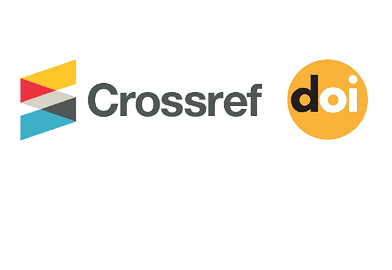Relationship of Social Media and Body Image Dissatisfaction among University Students
DOI:
https://doi.org/10.52461/pjap.v2i1.1041Keywords:
body image dissatisfaction, social media, university students, cross-sectional researchAbstract
Social media has become an integral part of young adults’ lives today. It has moved well beyond simple entertainment and now can profoundly affect many areas of functioning. Social media messages promote the ideal, attractive body images that affect the university student’s attitudes toward the body. The current study examined the relationship between social media and body image dissatisfaction and examined how social media impacts body image among university students. Sample size estimation was calculated from G*power and 462 students minimum required in the current study. This cross-sectional study recruited (N=500) respondents from different universities such as the University of Sahiwal, Government college university of Faisalabad Sahiwal campus, Virtual University of Sahiwal, University of Okara, Virtual University of Okara, University of Management and Technology, and the University of Lahore by employing simple random sampling. There were two questionnaires applied the social media questionnaire and Socio-Cultural Attitudes towards Appearance Scale-3 (SATAQ-3) for data collection. Data were analyzed with SPSS version 25.0 and results showed that there was a significant negative relationship of social media with body image dissatisfaction. Moreover, male students were higher users of social media as compared to female students as well as higher body image dissatisfaction as compared to girls. Implications and limitations of the study are mentioned as well as future directions also suggested
Downloads
Published
How to Cite
Issue
Section
License
Copyright (c) 2022 Muhammad Waseem Tufail, Maham Saleem, Syeda Zobia Fatima

This work is licensed under a Creative Commons Attribution-NonCommercial 4.0 International License.
All the articles editorially accepted for publication by the Pakistan Journal of Applied Psychology (PJAP) are licensed under the Creative Commons Attribution-NonCommercial 4.0 International (CC BY-NC 4.0) Submitting a manuscript to PJAP, the author has to certify that he/ she is authorized by other contributors (s) and co-author (s) to enter the publication process.




